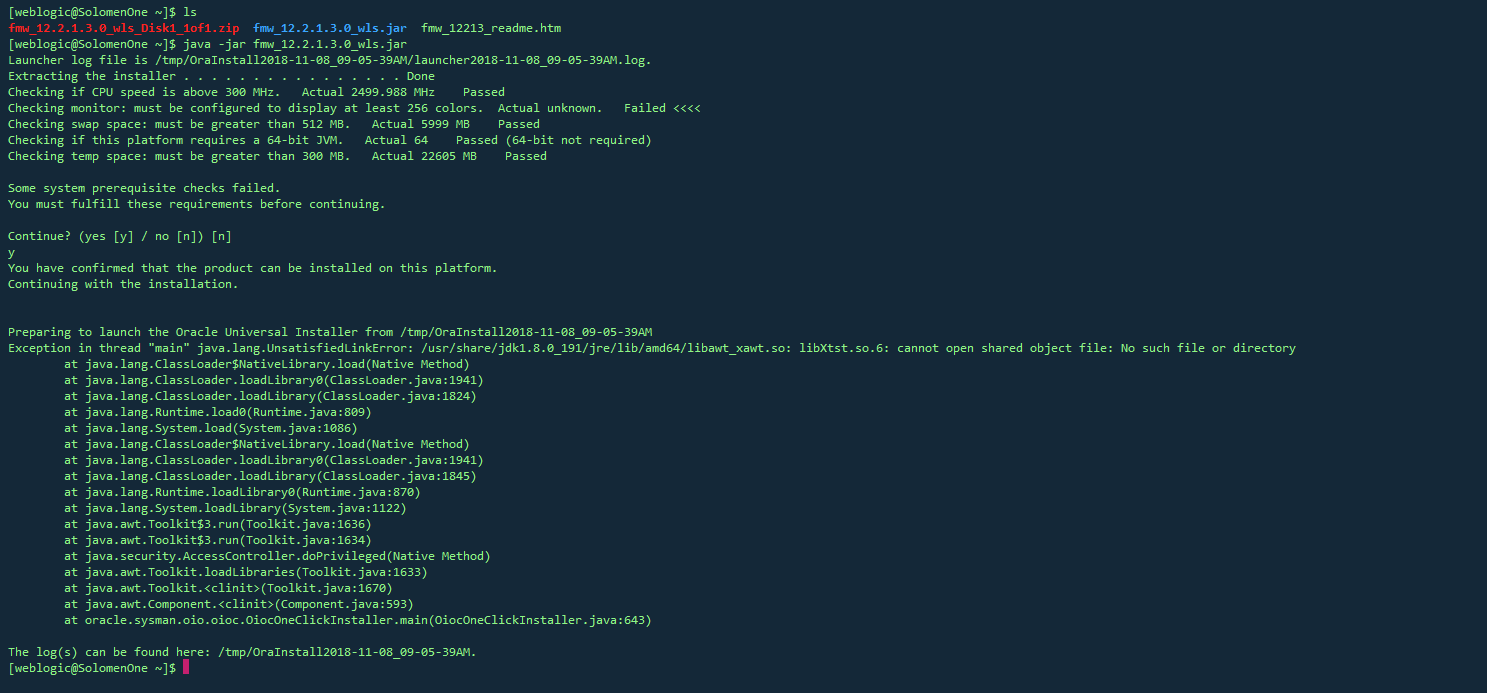可以将文章内容翻译成中文,广告屏蔽插件可能会导致该功能失效(如失效,请关闭广告屏蔽插件后再试):
问题:
I have a function which does a http POST request. The code is specified below. This works fine.
$http({
url: user.update_path,
method: \"POST\",
data: {user_id: user.id, draft: true}
});
I have another function for http GET and I want to send data to that request. But I don\'t have that option in get.
$http({
url: user.details_path,
method: \"GET\",
data: {user_id: user.id}
});
The syntax for http.get is
get(url, config)
Can someone help me with this?
回答1:
An HTTP GET request can\'t contain data to be posted to the server. However, you can add a query string to the request.
angular.http provides an option for it called params.
$http({
url: user.details_path,
method: \"GET\",
params: {user_id: user.id}
});
See: http://docs.angularjs.org/api/ng.$http#get and https://docs.angularjs.org/api/ng/service/$http#usage (shows the params param)
回答2:
You can pass params directly to $http.get() The following works fine
$http.get(user.details_path, {
params: { user_id: user.id }
});
回答3:
Starting from AngularJS v1.4.8, you can use
get(url, config) as follows:
var data = {
user_id:user.id
};
var config = {
params: data,
headers : {\'Accept\' : \'application/json\'}
};
$http.get(user.details_path, config).then(function(response) {
// process response here..
}, function(response) {
});
回答4:
Solution for those who are interested in sending params and headers in GET request
$http.get(\'https://www.your-website.com/api/users.json\', {
params: {page: 1, limit: 100, sort: \'name\', direction: \'desc\'},
headers: {\'Authorization\': \'Basic QWxhZGRpbjpvcGVuIHNlc2FtZQ==\'}
}
)
.then(function(response) {
// Request completed successfully
}, function(x) {
// Request error
});
Complete service example will look like this
var mainApp = angular.module(\"mainApp\", []);
mainApp.service(\'UserService\', function($http, $q){
this.getUsers = function(page = 1, limit = 100, sort = \'id\', direction = \'desc\') {
var dfrd = $q.defer();
$http.get(\'https://www.your-website.com/api/users.json\',
{
params:{page: page, limit: limit, sort: sort, direction: direction},
headers: {Authorization: \'Basic QWxhZGRpbjpvcGVuIHNlc2FtZQ==\'}
}
)
.then(function(response) {
if ( response.data.success == true ) {
} else {
}
}, function(x) {
dfrd.reject(true);
});
return dfrd.promise;
}
});
回答5:
You can even simply add the parameters to the end of the url:
$http.get(\'path/to/script.php?param=hello\').success(function(data) {
alert(data);
});
Paired with script.php:
<? var_dump($_GET); ?>
Resulting in the following javascript alert:
array(1) {
[\"param\"]=>
string(4) \"hello\"
}
回答6:
Here\'s a complete example of an HTTP GET request with parameters using angular.js in ASP.NET MVC:
CONTROLLER:
public class AngularController : Controller
{
public JsonResult GetFullName(string name, string surname)
{
System.Diagnostics.Debugger.Break();
return Json(new { fullName = String.Format(\"{0} {1}\",name,surname) }, JsonRequestBehavior.AllowGet);
}
}
VIEW:
<script src=\"https://ajax.googleapis.com/ajax/libs/angularjs/1.3.15/angular.min.js\"></script>
<script type=\"text/javascript\">
var myApp = angular.module(\"app\", []);
myApp.controller(\'controller\', function ($scope, $http) {
$scope.GetFullName = function (employee) {
//The url is as follows - ControllerName/ActionName?name=nameValue&surname=surnameValue
$http.get(\"/Angular/GetFullName?name=\" + $scope.name + \"&surname=\" + $scope.surname).
success(function (data, status, headers, config) {
alert(\'Your full name is - \' + data.fullName);
}).
error(function (data, status, headers, config) {
alert(\"An error occurred during the AJAX request\");
});
}
});
</script>
<div ng-app=\"app\" ng-controller=\"controller\">
<input type=\"text\" ng-model=\"name\" />
<input type=\"text\" ng-model=\"surname\" />
<input type=\"button\" ng-click=\"GetFullName()\" value=\"Get Full Name\" />
</div>
回答7:
For sending get request with parameter i use
$http.get(\'urlPartOne\\\\\'+parameter+\'\\\\urlPartTwo\')
By this you can use your own url string


